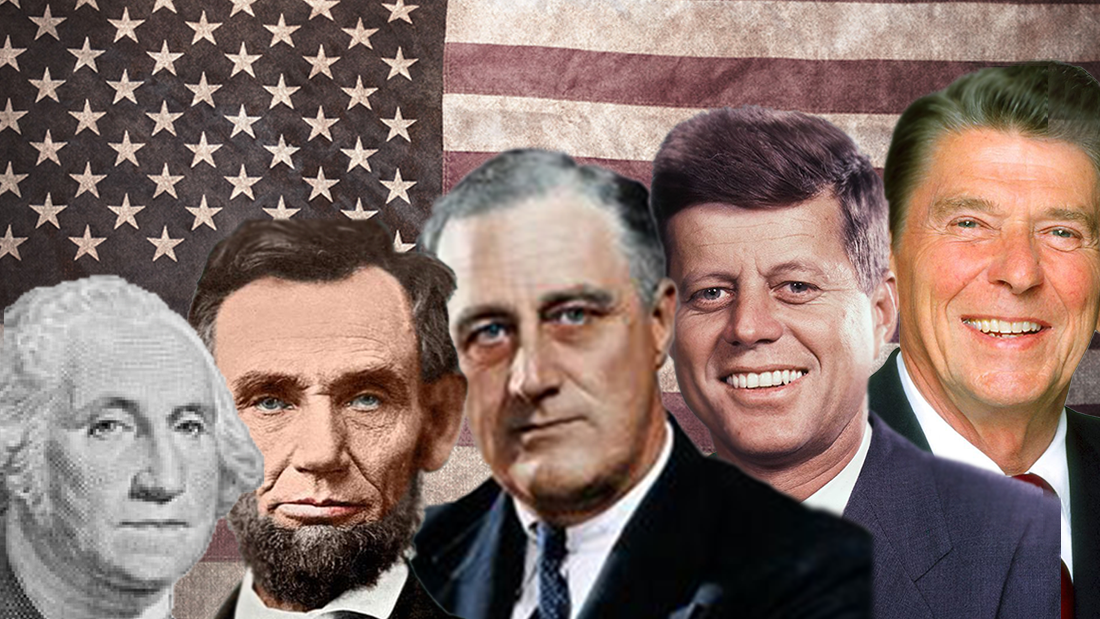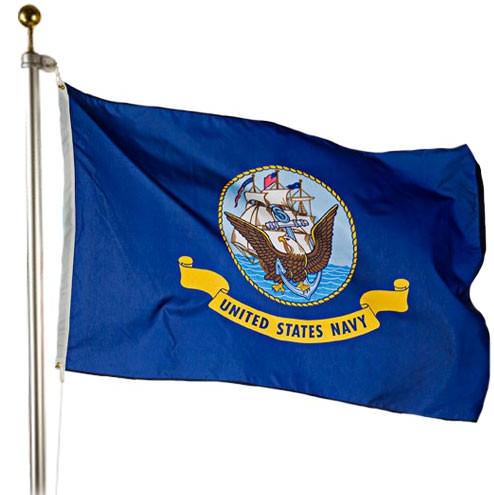
Top 5 U.S. Presidents Who Redefined Patriotism
Loving your country is easy when everything’s going well. Much harder is holding onto that love when the nation stumbles, fractures, or contradicts itself. Throughout U.S. history, five presidents faced not only wars or economic crises, but something deeper: the need to redefine what it means to be a patriot.
And each did so in their own way—with resignations, speeches, reforms… or with an optimism so unshakable it bordered on self-deception. Because patriotism, like truth, changes its costume with the times—and sometimes even its mask.
George Washington: The Patriot Who Knew When to Leave
George Washington could have been king. And that’s not a metaphor—some literally wanted to crown him. But he, more stoic than ambitious, chose to step down after two terms. In a time when power was like honey for despots, Washington chose to put down the spoon.
His legacy isn’t just about winning a revolution, but about what he didn’t do afterward. His Farewell Address is almost a plea: no parties, no internal hatred, just a common homeland. That nobody listened is another story—but the intention was there.
Like an architect who leaves the blueprints but doesn’t build the palace, he trusted others to continue without devouring each other.
Abraham Lincoln: The Homeland as a Moral Debt
Lincoln didn’t govern a country—he held cracked porcelain in his bare hands. And while the Civil War threatened to shatter the republic, he spoke of equality, freedom, of a Union that must not be broken. His was not nostalgia for the Founding Fathers, but a more radical reading: that the homeland is not a place, but a promise.
With the Emancipation Proclamation, patriotism shifted from obedience to conscience. And in Gettysburg, while the dead still steamed beneath the soil, Lincoln reminded us that a government of the people must remain for the people—even if it hadn’t always been.
His patriotism was a compass in the fire—not showing where we were, but where we had to go.
Franklin D. Roosevelt: A Ruined Home and a Steady Voice
When FDR took office, the country wasn’t a nation—it was a line of unemployed people. The American Dream had fallen asleep on the curb, and he, with his “Fireside Chats,” gently woke it—word by word.
Roosevelt understood that loving your country isn’t about repeating its greatness, but lifting it when it has fallen. With the New Deal, he turned patriotism into public policy. And when World War II came, he expanded it beyond borders: defending democracy wasn’t just about bombs—it was about ideas.
In times of fear, he offered something harder than solutions: hope without cynicism.
John F. Kennedy: The Idealist in a Spacesuit
JFK was a modern poet with his finger on the nuclear button. His famous line—“Ask not what your country can do for you…”—was almost biblical. Kennedy didn’t sell comfort; he called for commitment. Patriotism not as contemplation, but as a leap of faith.
He created the Peace Corps, pushed for civil rights, and sent rockets to the Moon. Not for grandeur’s sake, but out of a rare conviction that the country should live up to its own nobility.
If Washington was the father, Lincoln the redeemer, and Roosevelt the restorer, Kennedy was the dreamer: one who believed the homeland could also look to the stars.
Ronald Reagan: The Empire’s Smile
When Reagan arrived, the country had a hangover—Vietnam, Watergate, inflation. He offered a miracle tonic: belief. With an actor’s voice and a preacher’s heart, he gave America its confidence back—though not always its self-awareness.
He spoke of a “shining city on a hill,” though below, in the shadows, many were still waiting for the elevator. His battle against the Soviet Union turned the Cold War into an epic crusade: good versus evil, with flags waving like superhero capes.
Reagan didn’t invent Hollywood-style patriotism, but he directed it with a blockbuster budget.
A Living—and Contested—Idea
These presidents weren’t saints. Some lied, others failed. But each, in their own way, stretched the idea of country—made it wider, more contradictory, more human.
- Washington taught us how to let go of power.
- Lincoln reminded us that justice is also love of country.
- Roosevelt showed us the people need safety nets, not sermons.
- Kennedy called us to build.
- And Reagan… to believe, even when not everything deserved our faith.
Because in the end, patriotism isn’t a statue or a flag.



















